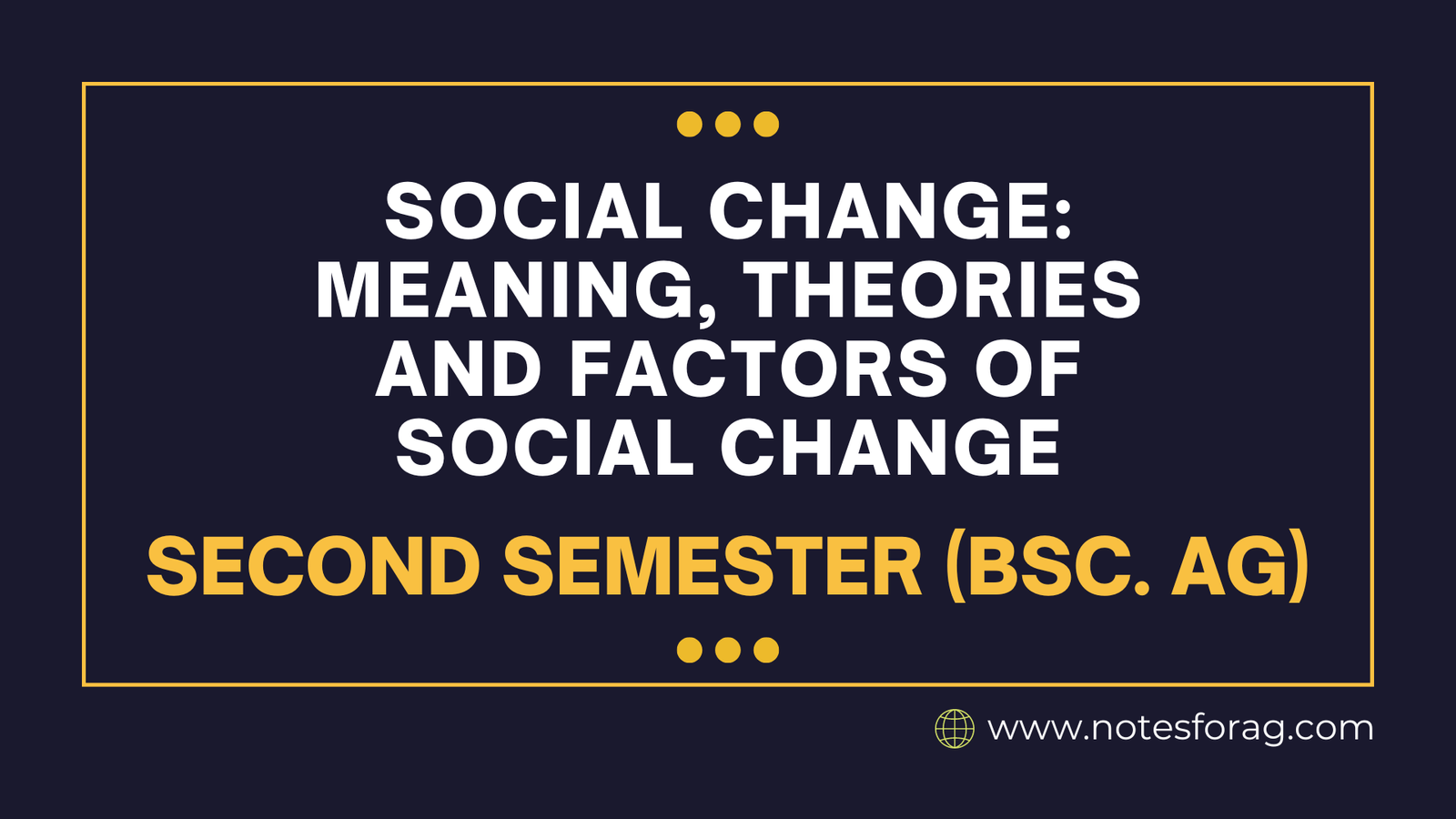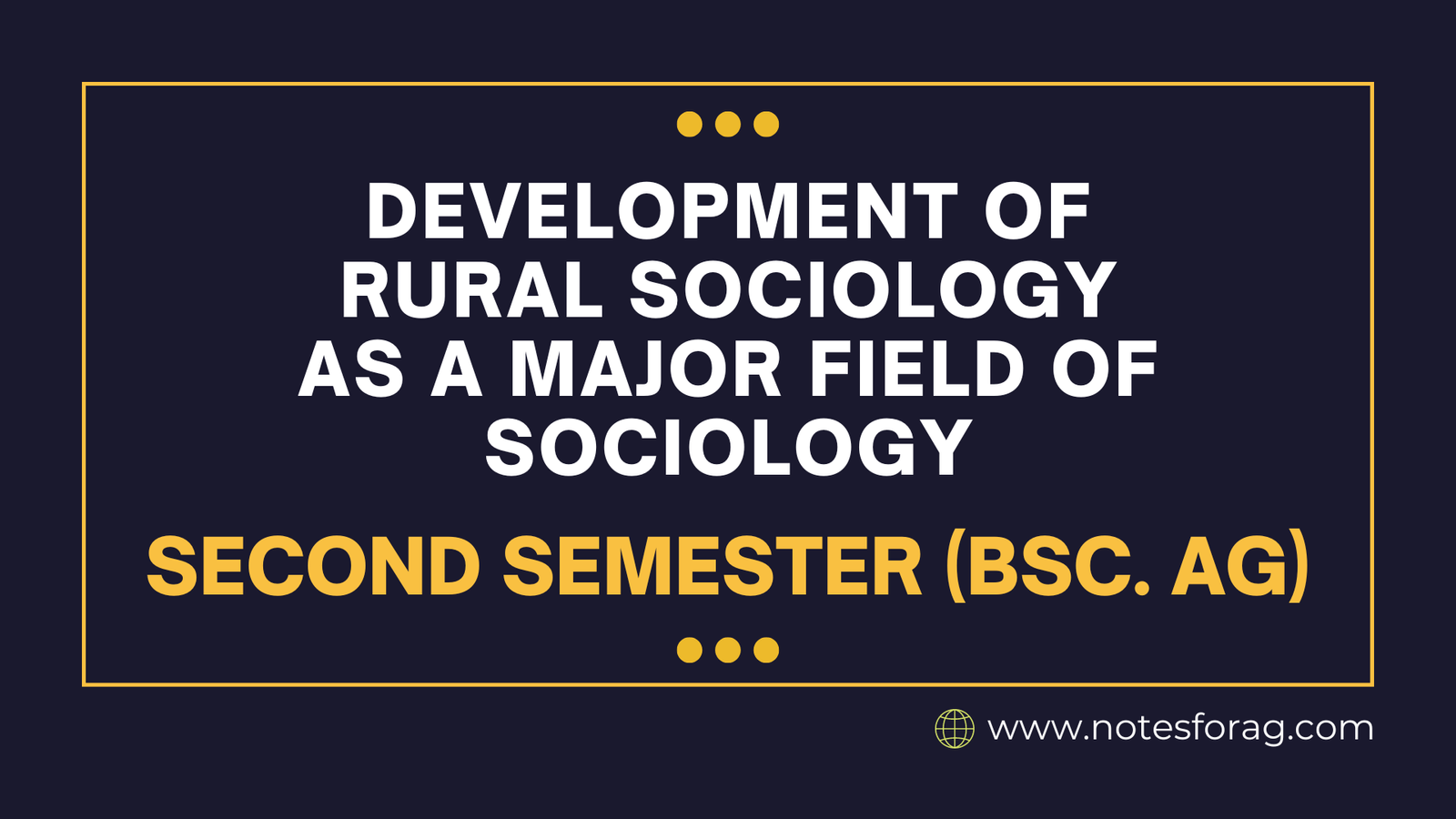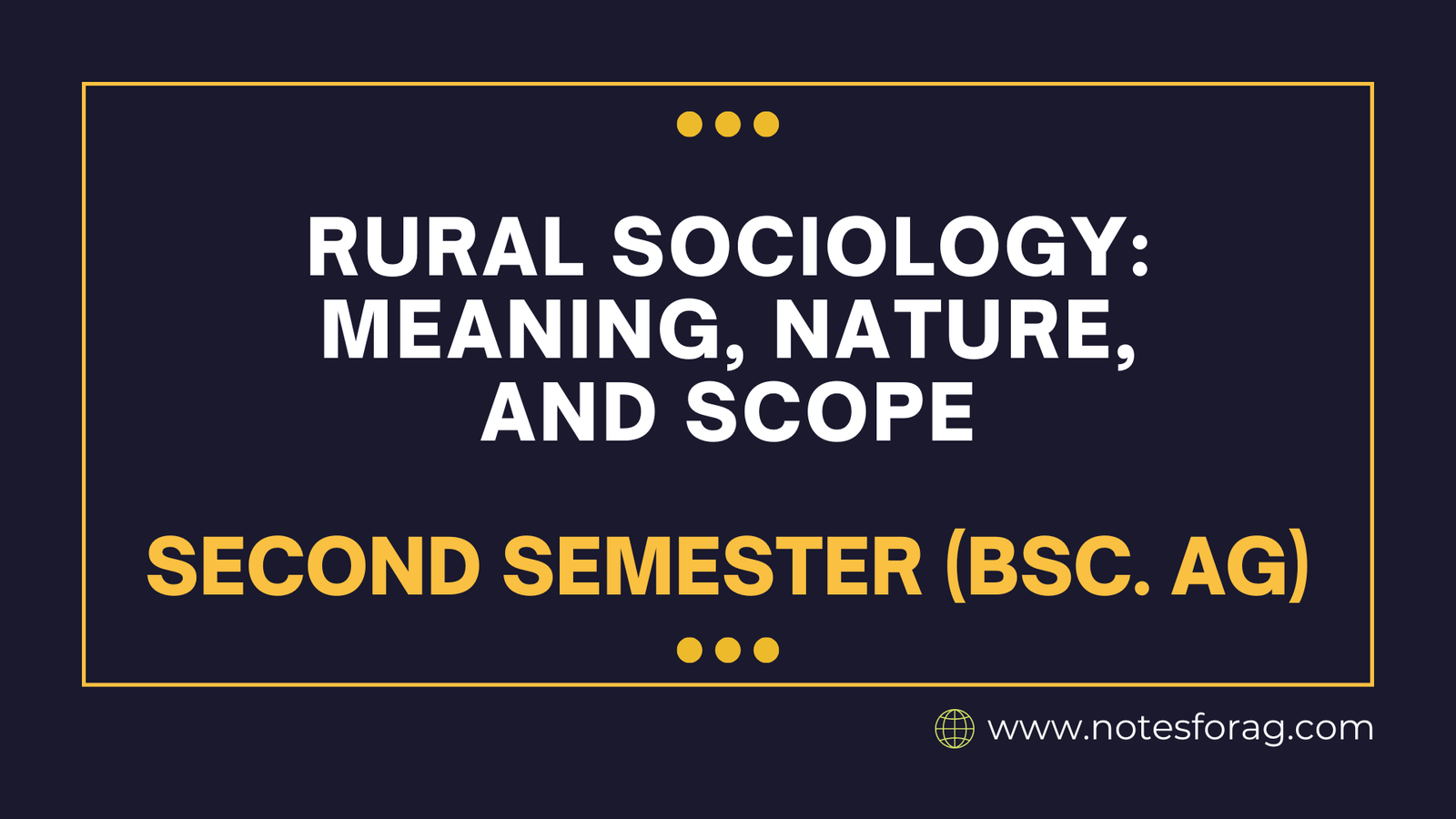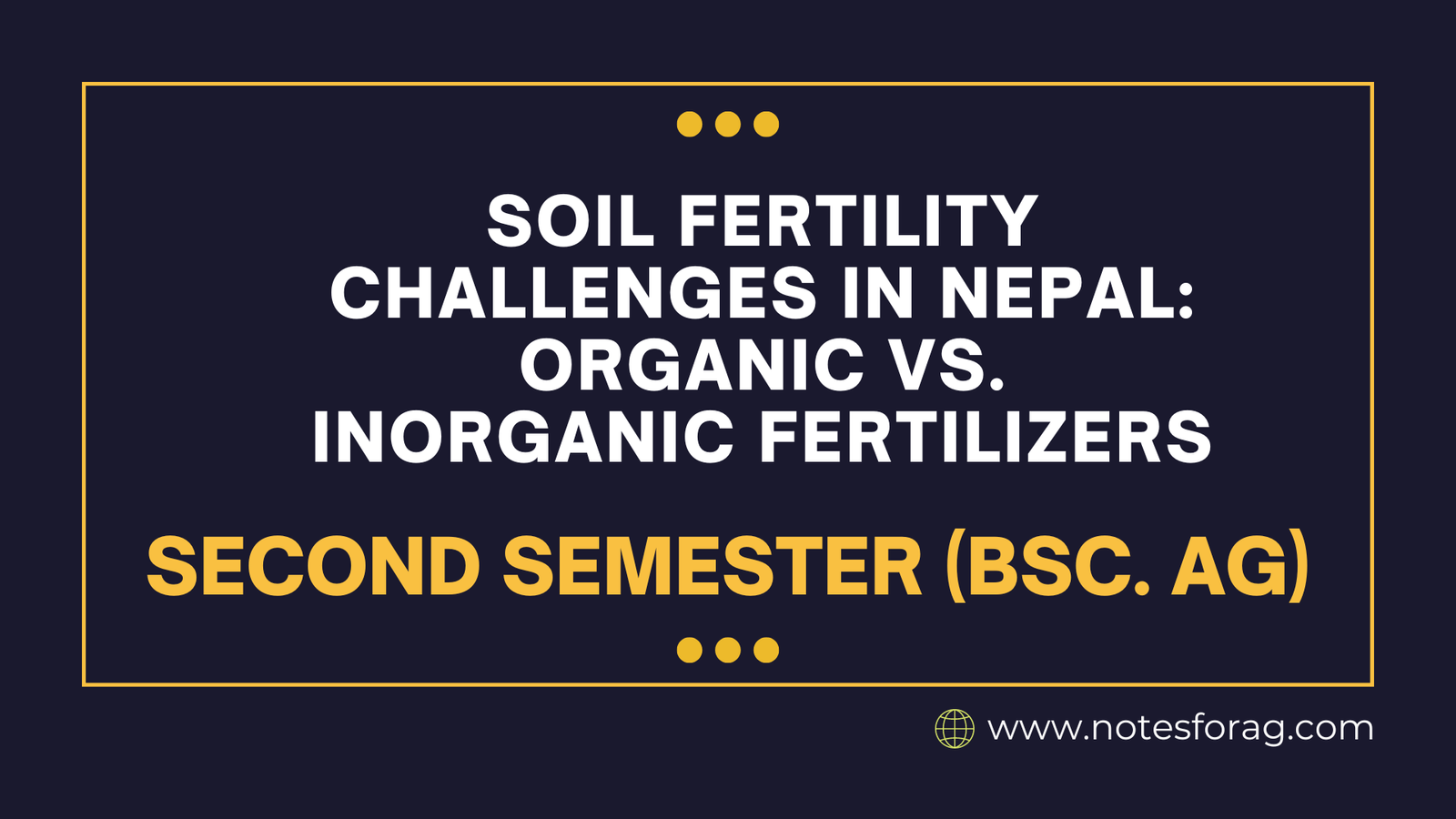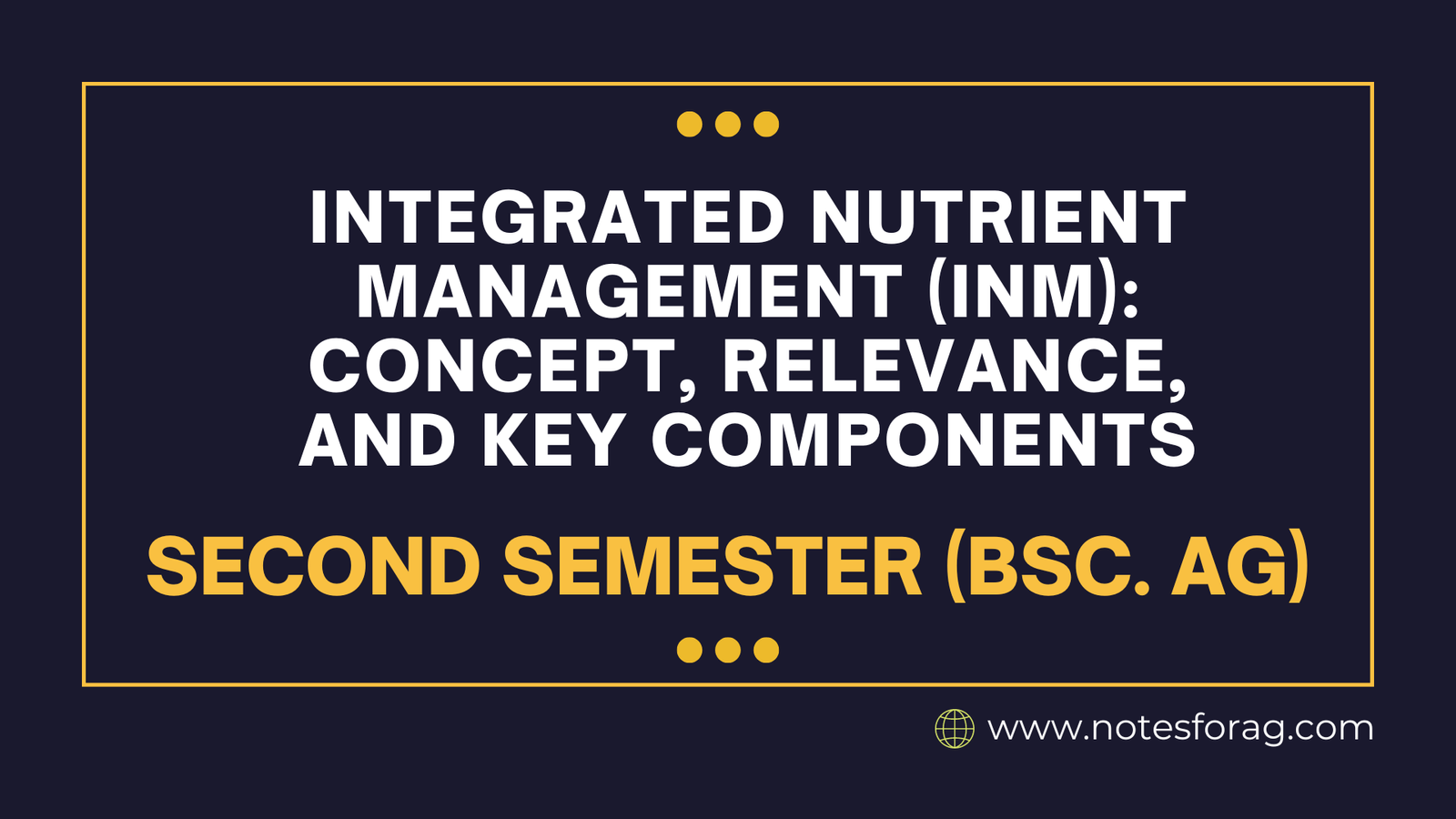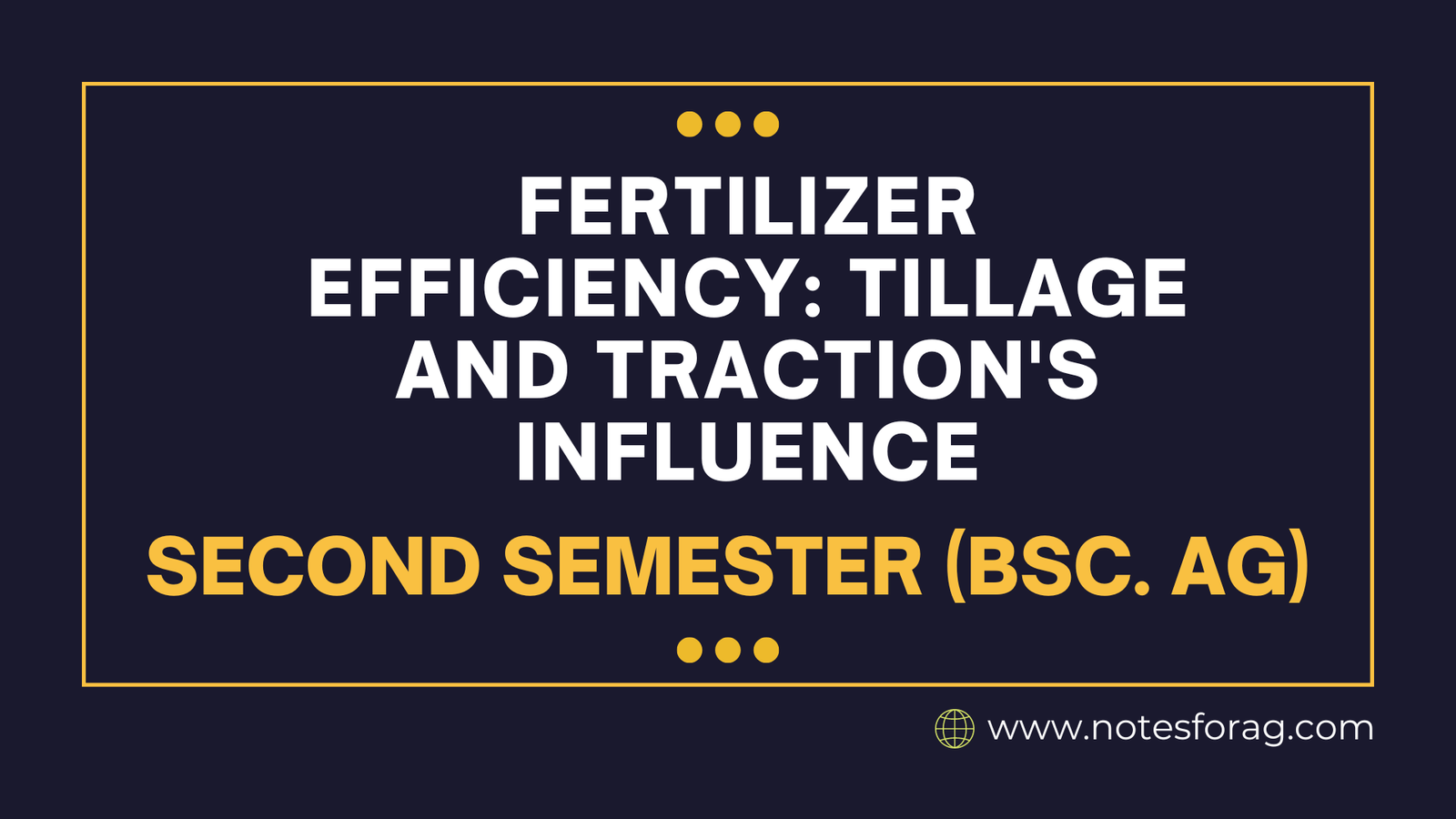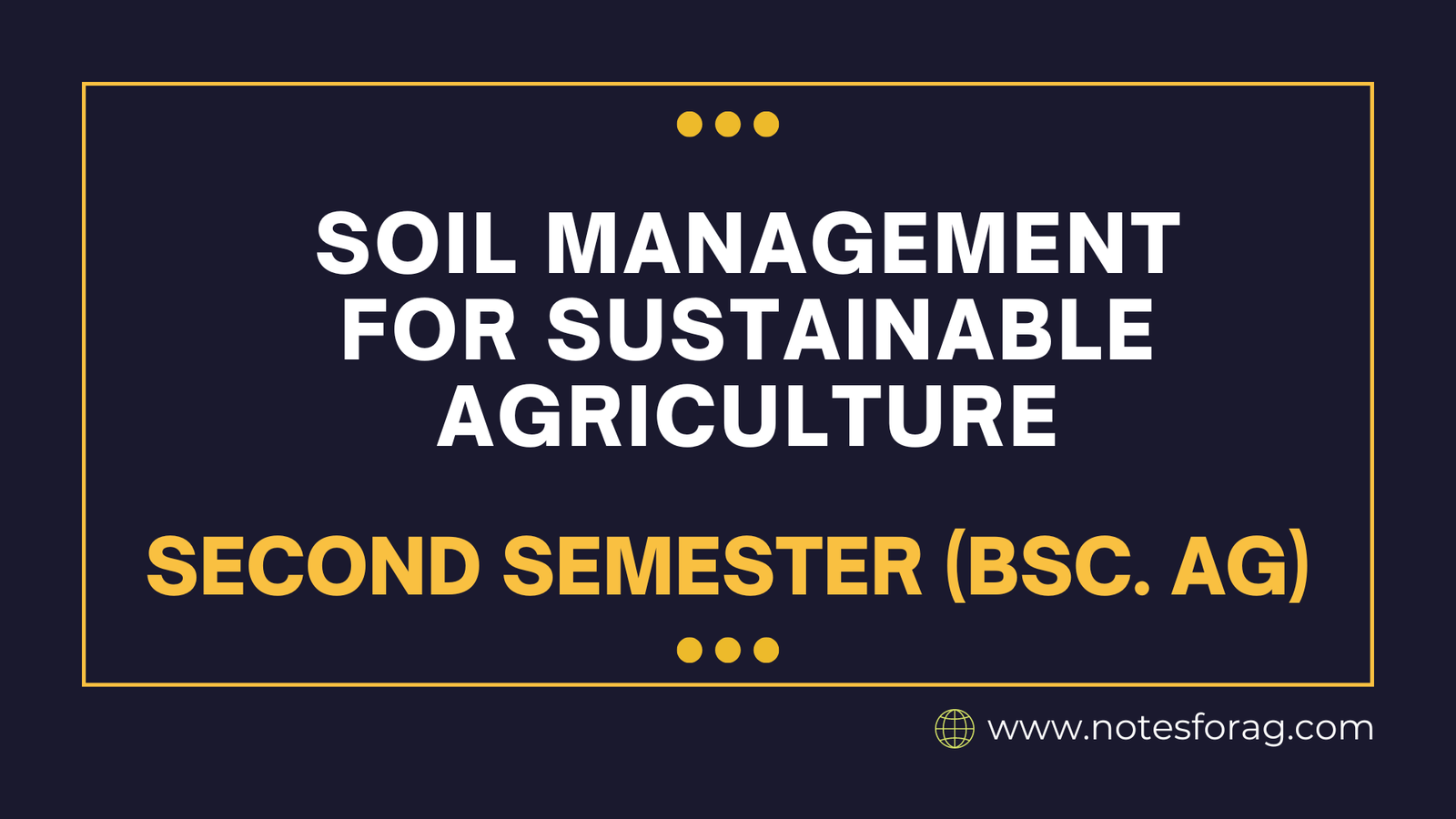Social change: Meaning, Theories and factors of Social Change
Social change refers to substantial transformations in a society’s social structures, norms, cultural values, and behavioral patterns over time. These changes can significantly impact how individuals and groups interact, live, and organize within the society. Many things, such as improvements in technology, changes in the economy, political changes, alterations in culture, shifts in the population, … Read more

